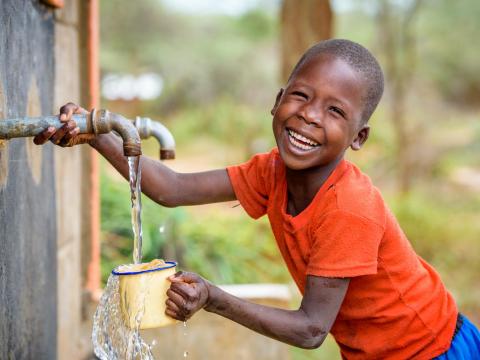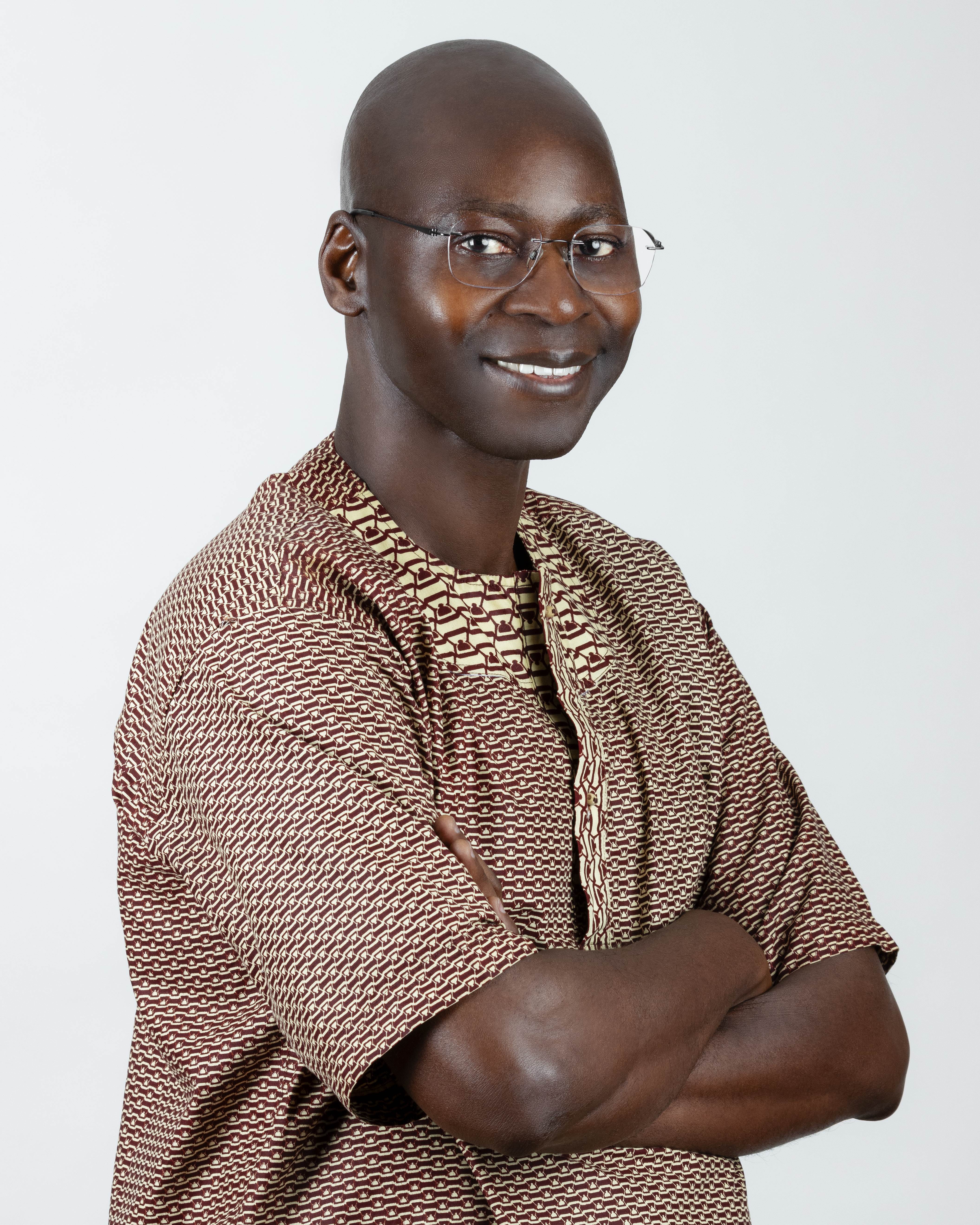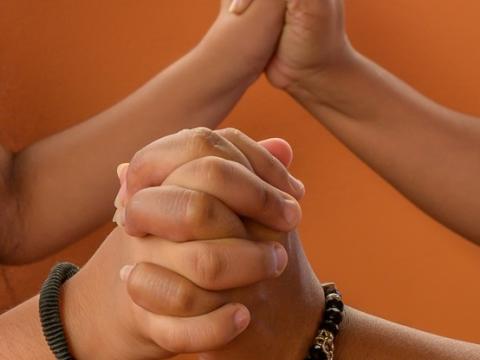
Bottled, still, sparkling, filtered, tap… the blessing of choice
By Dr Jean Baptiste Kamate
“Tap water or bottled?” I will always find that question, and the choice that accompanies it, such a luxury. It doesn’t matter if I’m in a restaurant, a supermarket, the office, or a café, when I hear that I am immediately transported to somewhere else. Far back in time, 30 years ago to a village in Mali. Not so far back in time, to a refugee camp in Bangladesh. Across the ocean to a small house in South Sudan, or to a barrio in Brazil.
Water is life. But it is so much more than that – water is quality of life. It is job creation, it is safety, it is productivity, it is education, it is health, it is opportunity, it is sustainability.
On days like today/World Water Day, especially, I am taken back to my childhood and the memories that I will never lose. Growing up, our lives revolved around water. I didn’t have access to clean water, so I had to drink water which was unsafe, and caused health problems but I was actually one of the lucky ones, because we had a well that just our household used. Other children in the village had to get water from the river, and would come to school late, and have even more health problems. Even though the water I drank wasn’t clean, it was clear to me that it was worse for others – especially when I saw the effects of drought in the late 70s and mid 80s; everybody knew about the famine in Ethiopia in 19854-85, but it was also all over the Sahel.
I don’t forget for one single second what it is like to have no access to water, and no choices about how you can get access.
Water is productivity. I like to be busy. The time we spend is an investment. If we don’t spend that time well, we have lost that investment – it is not recoverable. So time spent being productive is important.
You cannot be productive without water. I learned this in primary school, when we were on a rotation for water the school garden. I didn’t like doing it. It bothered me a lot because you had to come early to school, wait in a long queue to get the water and take it to the garden. But it taught me that when you have access to water, you can produce and you can be productive.
When you live a dry country where it rains for only three months a year, and outside of that there is not a drop out of the sky, the difference in what farmers can produce in a year completely depends on their ability to access water. Which in turn affects whether their children have a nutritious diet, can go to school because they’re not having to help find other sources of income, can concentrate when they get to school because they don’t have to keep running out of the class to be sick. Their ability to access water affects food production in their community, their country, and even further.
Water is access. Picture it: a water point where livestock and people are competing for access to the same water. To your left you can see the queue of people and to your right, you see the cows, goats, and sheep moving around the water, desperately looking for something to drink. No one is there for fun, they are there because livestock and humans need the water from that point. Because you spend so much time there every day, it serves as the centre of village activities.
But people and animals should not be spending their time gathered together around a shared well. Before this pandemic, what did your family life centre around? Or your time with friends? The coffee shop, church, the market, the gym, a pub, the kitchen dinner table? Why should the well or the river be the centre of a family’s activity and day?
Water is justice. Which is why we are so focused on it, in World Vision. Let me share with you some of the things that make me so proud of this work:
- We provide clean water to someone every ten seconds; more than 3.4 million people last year, alone.
- From geophysics to engineers to drilling teams to lab, research, water quality, and testing technicians, we have more than 1,200 water experts working in field locations in this organisation; competent, committed, passionate people I am so pleased to call colleagues.
- We have one of the most sophisticated water labs in the world – in Ghana – delivering world-class water quality testing, and we can do it at scale.
- We are going to get everyone, everywhere we work, access to clean water by 2030.
Water is choice. Everybody must have access to it wherever they are. So many of us take clean water for granted, to the extent we go and buy bottled water despite having access to clean water in the tap. And then, we have so much choice simply around which bottled water to buy! I don’t just wish for everyone to have access to clean water. I wish for everyone to have enough access that they have choices. More important choices than bottle or tap.
JBK is the World Vision's Partnership Leader for Global Field Operations. Follow JBK on Twitter @jb_kamate

